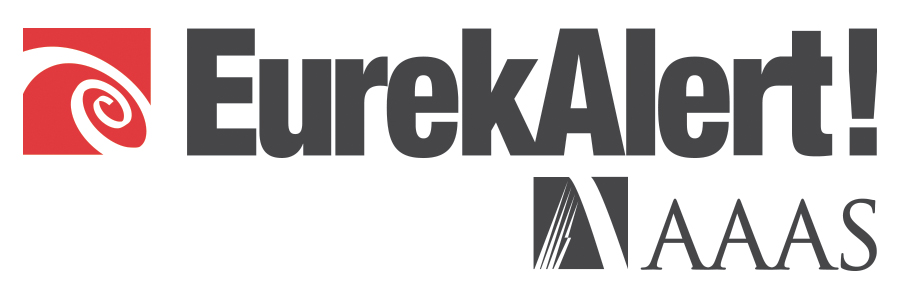
Barcelona, 25th March, 2019.- The European Advanced infraStructure for Innovative Genomics (EASI-Genomics), a project funded under the European Union’s research and innovation programme Horizon 2020, will provide researchers free-of-charge access to cutting-edge European genomics facilities. EASI-Genomics joins 16 academic and industrial partners to support diverse genomics project from study design, over state-of-the-art sequencing to bioinformatic analysis. EASI-Genomics is an infrastructure project with a total budget of 10 million € that will handle between 150 and 300 projects over a period of 4 years. Ivo Gut from the Centro Nacional de Análisis Genómico of the Centre for Genomic Regulation (CNAG-CRG) coordinates the project.
The first call for proposals will focus on sequencing of ancient DNA from archaeological samples, analysis of microbiomes that study the diversity and particularities of populations of microorganisms related to diseases, the study of genetic material at single cell level, and epigenetic modifications of genetic material and its organisation in human diseases. This first call is launched today, 25th March (//www.
The project started with a kick-off meeting on 18th and 19th February 2019 in Barcelona, Spain. Apart from providing easy and seamless access to cutting-edge DNA sequencing technologies to researchers from academia and industry, EASI-Genomics will support scientists to ensure compliance with the latest European and national ethical and legal requirements, secure data management and data sharing. EASI-Genomics aims at building a community of practice which leverages advanced sequencing technologies beyond country and sector borders to tackle global challenges in science.
###
Research institution partners of EASI Genomics:
- Centro Nacional de Análisis Genómico from the Centre for Genomic Regulation (CNAG-CRG), Spain- //www.
cnag. crg. eu - Commissariat à l’énergie atomique et aux énergies alternatives (CEA-CNRGH), France //jacob.
cea. fr/ drf/ ifrancoisjacob/ Pages/ Departements/ CNRGH. aspx - Christian-Albrecht-Universität zu Kiel (CAU), Germany https:/
/ www. uni-kiel. de/ de/ - Max-Delbruck Centrum fur Molekularemedizin (MDC), Germany, https:/
/ www. mdc-berlin. de/ - Katholieke Universiteit Leuven (KU Leuven), Belgium https:/
/ www. kuleuven. be/ english/ - Stockholm Universitet (SU), Sweden https:/
/ www. su. se/ english/ - Uppsala Universitet (UU), Sweden https:/
/ www. uu. se/ en - Kunliga Tekniska Hoegskolan (KTH) SciLifeLab, Stockholm (National Genomics Infrastructure (NGI), Sweden https:/
/ www. kth. se/ en and https:/ / www. scilifelab. se/ - Deutsches Krebsforshungzentrum Heidelberg (DKFZ), Germany //www.
dkfz. de/ gpcf/ - Institut National de la Santé et de la Recherche Médicale (Inserm), France //www.
u1027. inserm. fr/ - Medizinische Universitat Graz (MUG), Austria https:/
/ www. medunigraz. at/ en/ - European Molecular Biology Laboratory (EMBL), Germany https:/
/ www. ebi. ac. uk/ - Tartu Ulikool (UTARTU), Estonia https:/
/ www. geenivaramu. ee/ et - Charité – Universität Berlin (CHARITE), Germany https:/
/ genomics. charite. de/ - LGC Limited (LGC)- United Kingdom https:/
/ www. lgcgroup. com/ - QIAGEN GmBH (QIAGEN GmBH), Germany https:/
/ corporate. qiagen. com/ impressum
Disclaimer: AAAS and EurekAlert! are not responsible for the accuracy of news releases posted to EurekAlert! by contributing institutions or for the use of any information through the EurekAlert system.

